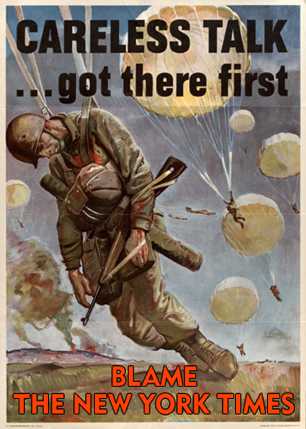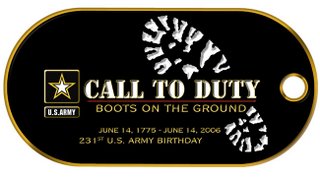It looks like a lot of Americans are unhappy with the NY Times, the LA Times and the WSJ these days. And
Bill O'Reilly is one of them. In last night's
talking points memo, the Fox News host says that the only reason for the NY Times to print the story of covert money-tracking programs was toembarrasss the Bush administration.
The NY Times position appears to be "everyone already knew it, anyway". And Tom Brokaw, at least, seems to agree:
"I don't know of anyone who believes that the terrorist network said, "Oh my God, they're tracing our financial transactions?" What a surprise. Of course they knew that they were doing that". Perhaps. But how do they know? Isn't it better tospeculatee that the terrorists have the information, then to publish the it and know for sure? And clearly not every terrorist knew about the program, since SWIFT has had some success. And if everyone "already knows", then how can it be news? So the question remains: why print it?
It seems that the NY Times was the lead on this thing, and that the WSJ and the LA Times got wind of the story just before publication and also ran with it. But all three "news" outlets had a common goal: to embarrasss the president and the military, and to limit our successes in the GWOT. Some experts believe that the folks at the NYT, LAT and the WSJ feel the Bush White House is more dangerous that bin Laden or even the larger war on terror. It seems to me that these folks have gotten out of the business on reporting the news, and into the business of politics and nation-shaping.
Obviously, I am all for freedom of speech, and the fact that you are reading this blog is evidence of that. And twenty-five years of military service and police work defending the Constitution of the United States in something that I don't take lightly. But, in time of war, some things do not need to be on the front page of the NY Times. In the military, we call it
OpSec, or operational security, and it can be summed up as sharing information on a
need-to-know basis, while giving due caution to who might be listening in on the information sharing process, i.e. listening in on phone calls, monitoring email, etc. It is the same philosophy that lead us to victory in WWII and countless other endeavors around the world.
There are some things that the American people don't need to know, and don't want to know, especially in time of war. Clearly, this was one of those times.


